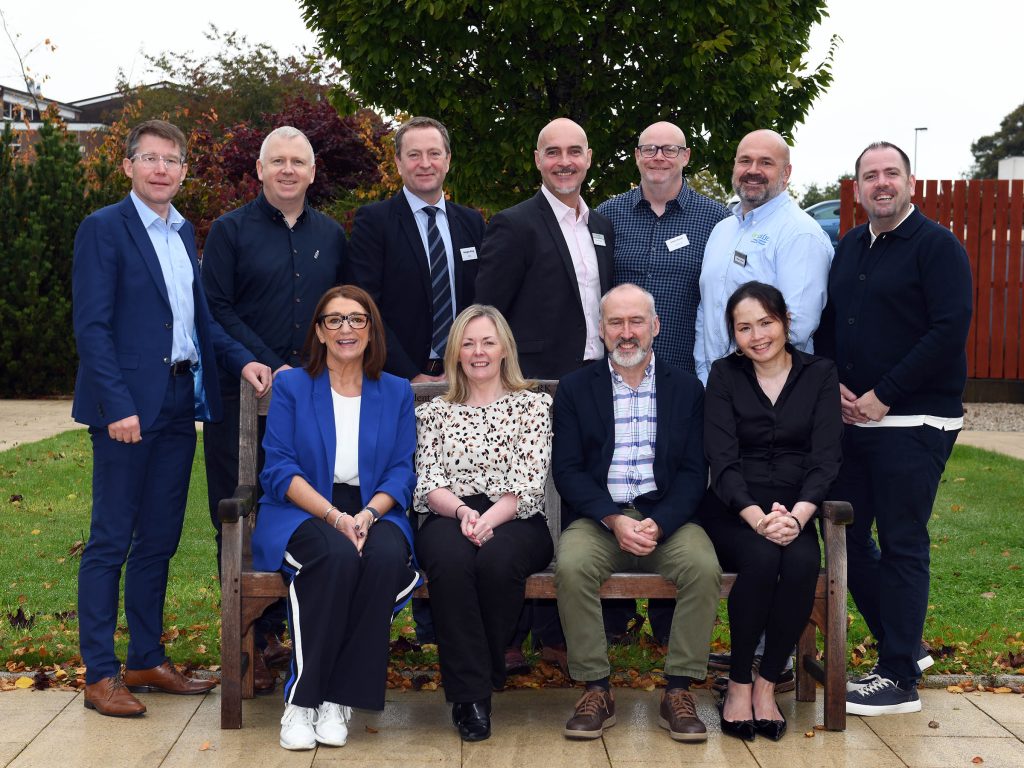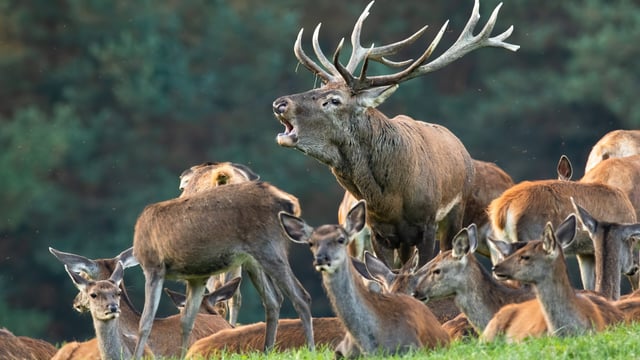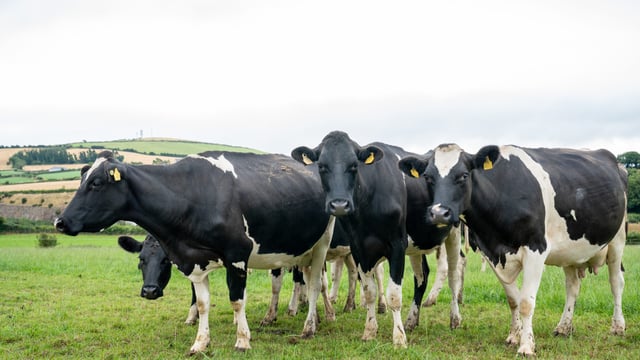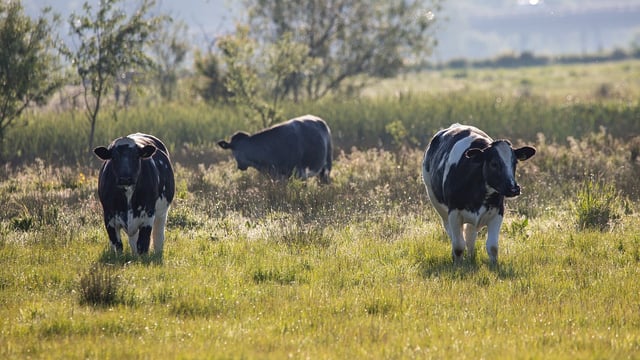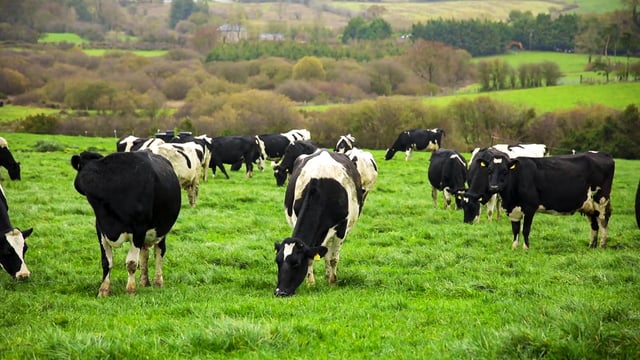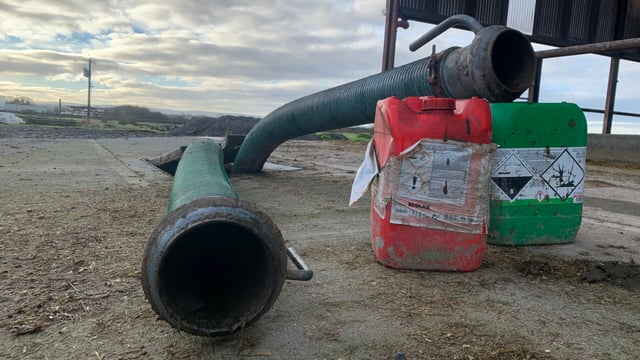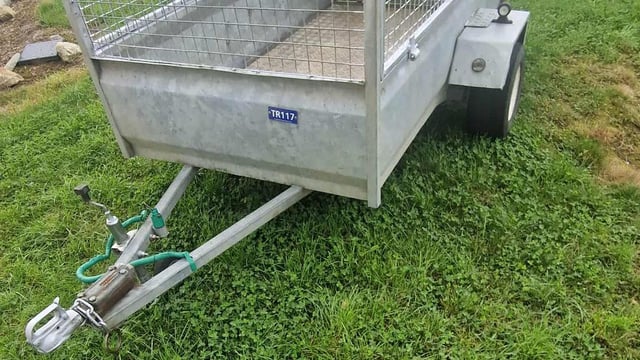CAFRE conference explores future of distilling
The College of Agriculture, Food and Rural Enterprise (CAFRE) recently welcomed over 50 industry professionals to Loughry Campus for the Northern Ireland Distillers’ Conference 2025.
In partnership with Invest NI, the event brought together distillers, innovators, and spirit sector experts.
The aim was to explore the evolving landscape of the spirits industry, with a particular emphasis on Northern Irish whiskey.
Discussions focused on its growing influence both locally and internationally, highlighting opportunities and challenges within the sector.
Future of distilling and drinks sector
The conference agenda featured a line-up of speakers addressing key topics such as the UK’s on-trade sector, consumer sentiment surrounding Northern Irish whiskey, and the vital role of tourism in promoting regional spirits.
Attendees also gained insights into cutting-edge technologies showcased at Europe’s DrinkTec Exhibition, as well as sustainability initiatives including BCorp certification and energy efficiency support from Invest NI.
Innovation, research and development support were also discussed, highlighting opportunities for growth and collaboration across the industry.
The conference was opened by Peter Simpson, head of food technology at CAFRE, and Fiona Walker, client manager for the drinks sector at Invest NI.
Linda Haden, insight lead at Lumina Intelligence, presented a focus on the On-Trade Sector in the UK.
Her outlook provided some optimism as she highlighted the UK pub and bar market has rebounded strongly since the inflation peak of 2023, with notable growth in both food and drink-only visits.
Consumer preference
The conference heard about strategic opportunities driven by evolving consumer preferences.
Drinkers today are more health-conscious and quality-focused, fuelling demand for premium spirits with authentic stories and craftsmanship - especially tequila and rum, which are gaining shelf space due to their versatility and appeal to younger audiences, according to the experts.
The rise of low and no-alcohol options reflects a broader shift toward moderation and inclusivity, with pubs embracing a blended approach to drinking.
Cocktails, boosted by social media and brand marketing, are becoming cultural symbols, while ready-to-drink formats like canned cocktails and alcopops are resurging in retail, the conference heard.
'Gen Z', contrary to stereotypes, is showing increased interest in alcohol occasions, contributing to a diversified pub experience that includes entertainment and social activities beyond drinking.
Also among the speakers was Albert Hamilton, chief executive officer and founder of CARD Group Research & Insight, who delivered an insight into Consumer Sentiment on Northern Irish Whiskey.
He reported that NI consumers are increasingly viewing local whiskey more positively, with perceptions of its quality and value now nearly matching those of Irish whiskey.
NI whiskey is seen as more classy, contemporary, and exclusive, while Irish whiskey is considered more social, timeless, and, by some, better value.
Although sentiment is generally positive across brands, the market remains fragmented, and aside from a few leading NI brands, most are perceived as offering similar experiences without strong differentiation, the expert outlined.
This suggests significant untapped potential for NI whiskey, in contrast to the more saturated Irish whiskey market, he explained.
Conference attendees visited the Food Technology Centre at Loughry Campus, to see the advanced beverage processing equipment in action.
The visit also provided a platform for participants to explore how CAFRE staff could support their specific needs and contribute to solving technical or operational issues within their own organisations.


